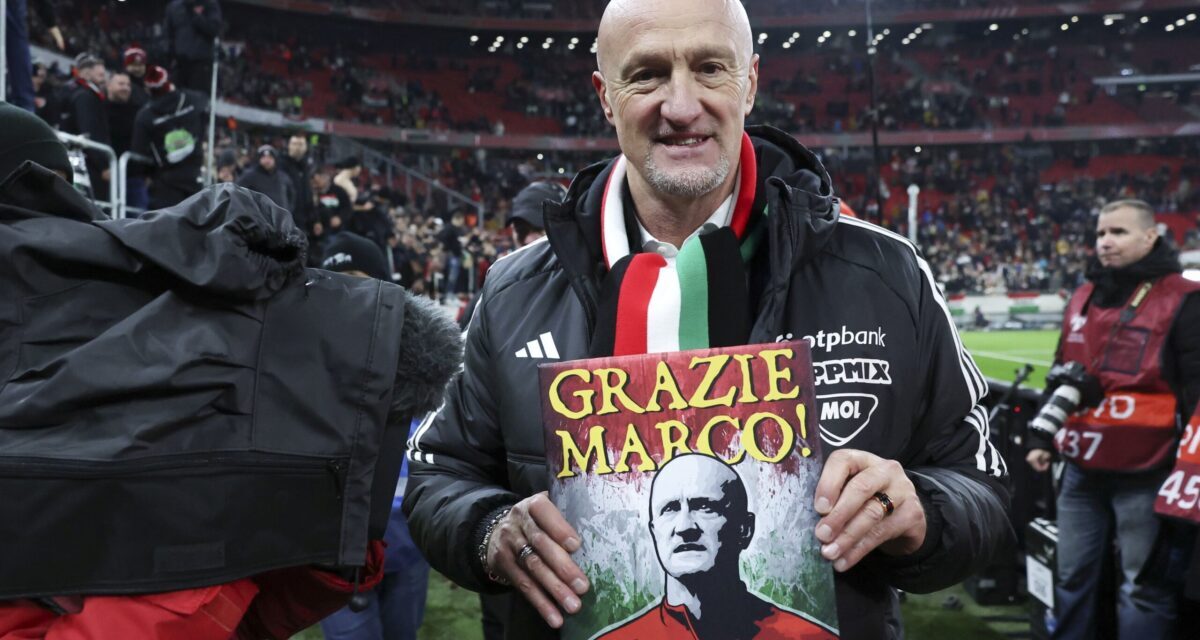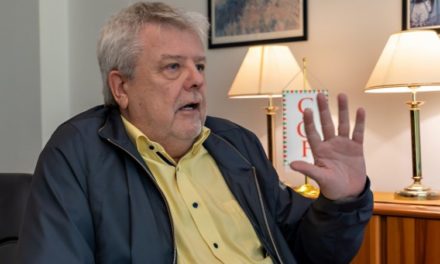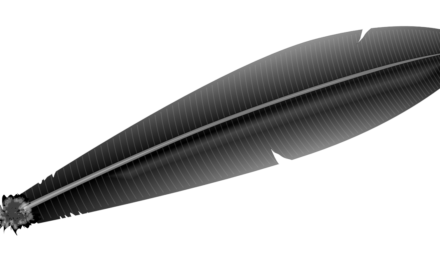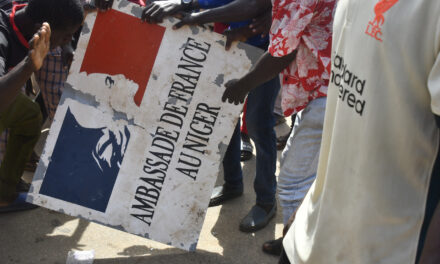The miracle of the Szoboszlais is the value of all Hungarians, even if some people do not ask for it out of spectacular and well-composed blasphemy. Written by Milán Constantinovits.
The march to Europe of the Hungarian national team ended with a victory. It has been a triumphant journey without modesty leading up to this point, without defeat, sometimes beating teams that are more muscular on paper with a dazzlingly beautiful game. And this is true even if in recent years we have gotten used to the fact that we no longer have a painful, mathematically-based chance to reach the continental competition, but without exaggeration we can enter into battle with the sons of any nation as equals.
This victory, this triumphal path, and the miracle of the Szoboszlais is the value of all Hungarians, even if some people do not ask for it out of spectacular and well-composed blasphemy.
Rossi's national team will not be a Hungarian and our common treasure because all its members speak our mother tongue with impeccable variety. Much more so, because the athletes who have descended from our country for generations perceive and raise something from the collective unconscious, from the common force field that we can call national belonging.
When Marco Rossi calls for the support of the Hungarian national team in an impassioned statement, he is talking about this magical force that steels our identity and unites Hungarians with Hungarians.
An Italian master who also possesses the initiation, the football mystique that is more than the struggle visible on the pitch. In this mystique, Puskás and the legend of the Golden Team or Ottó Vincze's cheeky goal against Grasshopper come together with the unforgettable moments of the 2016 European Championship.
We recently said goodbye to some of the greats of the national team that finally fought their way to this continental storm after long, droughty decades.
After Gábor Király and Zoltán Gera, who defined Hungarian football in the recent past, the talents who showed an example of their ability to fight, Balázs Dzuzzsák and Ádám Szalai, also retired from the national eleven. When I praised their careers, doubt crept in between the lines. Can the rise of Hungarian football continue without them? Will we still be a registered team across Europe? Is there a future for Hungarian football? And these conflicts did not affect the success of the national team for a long time.
The essence of these questions is whether the national ecstasy that accompanies Hungarian victories can be preserved. Can national pride be a basic condition that transcends parties, world views and petty everyday life?
If we read the snarky press, the answer can be disappointing. But I think it's just cornered hate.
I believe that what Szoboszlai, Dibusz or Ádám Nagy is doing on the track under the command of Master Rossi will elevate our entire nation. That the majority feels, understands and owns their perseverance, passion and triumph.
Péter Esterházy, Ervin Lázár, and even György Moldova knew very well that football does not exist simply for its own beauty: it offers us, the fans, the possibility of transfiguration.
And now I may be causing cognitive dissonance for soccer fans, but the point is not to love the game.
You may not understand it, and you may not be enthusiastic about it. A matter of taste. However, the common heartbeat of Hungarians, the euphoria symbolized by a national success, must be respected. Willingly or unwillingly, we are and will be part of it. And that's good.
Marco Rossi, the captain of the winning Hungarian national team, after the match between Hungary and Montenegro in Group G of the tenth and final round of the European Football Championship qualifiers at the Puskás Arena in Budapest on November 19, 2023 Source: MTI/Róbert
Hegedüs












